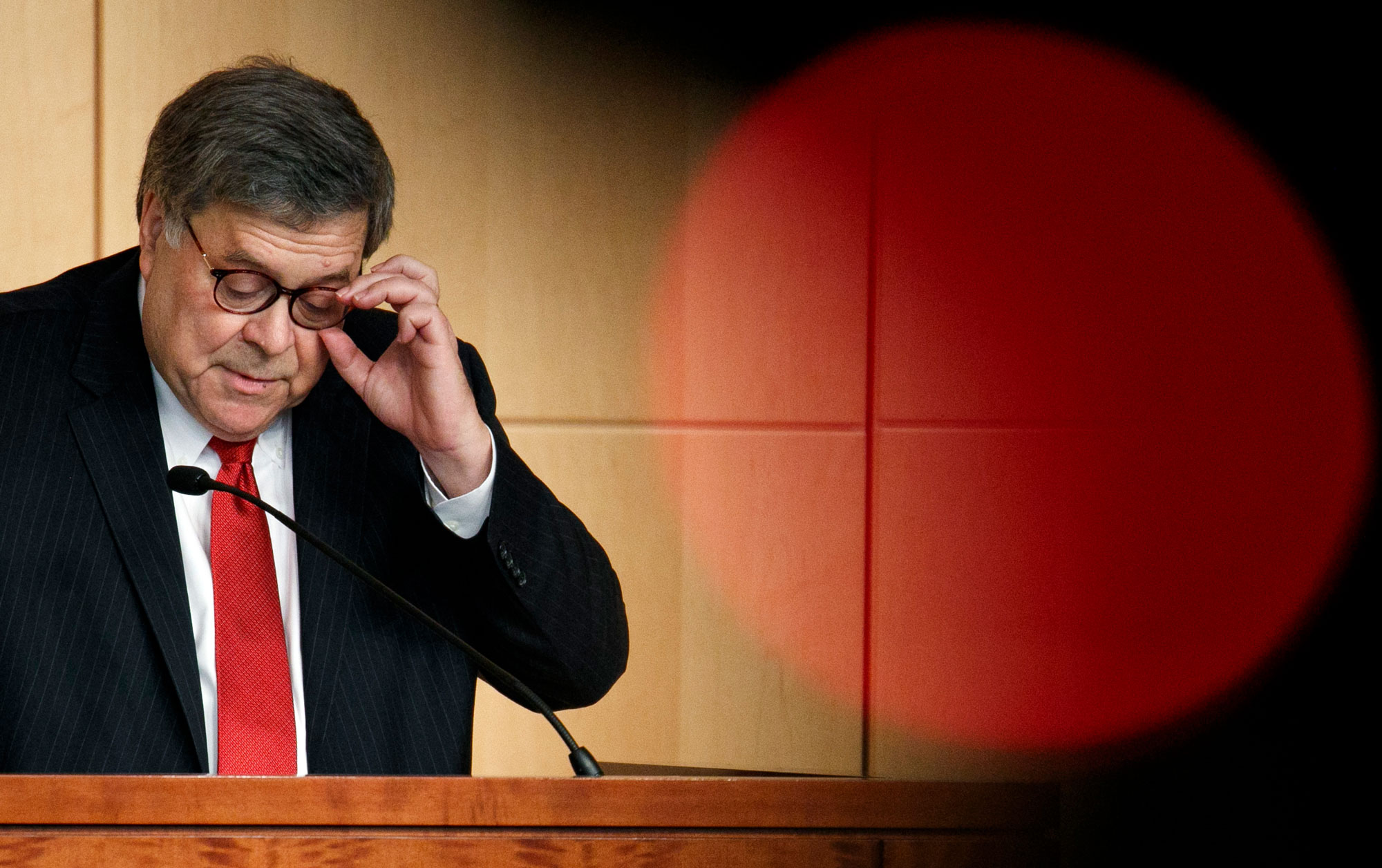Facebook is being asked to give access to encrypted messages. It’s a bad idea.

The news: US Attorney General William Barr, along with counterparts in the UK and Australia, today published an open letter to Facebook CEO Mark Zuckerberg asking him to delay plans to deploy end-to-end encryption across Facebook's messaging platforms. You can read the full letter here.
Why? The politicians say they are worried that the added privacy will make it harder for law enforcement agencies to find illegal activity conducted on Facebook, like terrorism or child sexual exploitation. They want to ensure that these agencies can decrypt messages during their investigations. This has been coming: Barr raised the issue in a speech in July.
Facebook’s response: In a statement, company officials wrote: “We believe people have the right to have a private conversation online, wherever they are in the world.” They added: “We strongly oppose government attempts to build backdoors because they would undermine the privacy and security of people everywhere.”
Facebook is correct. If you start weakening encryption by creating backdoors, it degrades security for everyone—whether they have good motives or bad. A backdoor is a backdoor, and once created, there’s a risk it will be used by the very same criminals politicians are trying to stop. Indeed, we have already seen this happen when Microsoft worked with the NSA to build backdoors into its products. That decision led to crippling, costly ransomware attacks like WannaCry. Not only that, but in many places in the world protesters and activists use encrypted messaging to organize against repressive regimes. Building backdoors that the government can access would render the services useless.
Despite that, the US Justice Department has been pushing against encryption for over a decade now, saying it allows criminals to “go dark.” It’s an argument that has been going on for some time, and it is unlikely to end here.
And why all this now? Facebook already provides end-to-end encryption by default in WhatsApp, but it has promised to expand this to its other platforms, like Facebook Messenger and messaging on Instagram. It says this is part of a shift to become a “privacy-focused communications platform.” However, it also looks rather like an effort to integrate its disparate units more tightly, thus making it harder for regulators to break the company up (leaked recordings show how deeply concerned Zuckerberg is about this prospect.)
Sign up here for our daily newsletter The Download to get your dose of the latest must-read news from the world of emerging tech.
Deep Dive
Computing
How ASML took over the chipmaking chessboard
MIT Technology Review sat down with outgoing CTO Martin van den Brink to talk about the company’s rise to dominance and the life and death of Moore’s Law.
How Wi-Fi sensing became usable tech
After a decade of obscurity, the technology is being used to track people’s movements.
Why it’s so hard for China’s chip industry to become self-sufficient
Chip companies from the US and China are developing new materials to reduce reliance on a Japanese monopoly. It won’t be easy.
Stay connected
Get the latest updates from
MIT Technology Review
Discover special offers, top stories, upcoming events, and more.